This Top 5 series is back! Top Five Saturday is a meme hosted by Devouring Books to discover and share books that all have a common theme. Previously on the blog I have focused on witches, werewolves, thrillers, faeries, fairy tale re-tellings, high fantasy and many more. I am going to try and bring this series back for every Saturday.
Previous Top Five Saturday Lists:
- 18th January 2020 — Unreliable Narrators
- 25th January 2020 — Books by Favorite Authors
- 1st February 2020 — Dystopian Books
THE UPCOMING SCHEDULE IS:
- 8th February 2020 — Mental Illness
- 15th February 2020 — Books about Mermaids
- 22nd February 2020 — Books about Spies
- 29th February 2020 — Books inspired by Mythology
This feels like a potential minefield: I don’t think – with all due respect to Amanda at Devouring Books – that “illness” is the right word to use here. An illness is something that can be and should be treated, perhaps, whereas a number of mental health conditions are issues of identity rather than disorder. If we glance at the autistic spectrum, do we describe someone on that spectrum as a person with autism (a couple of years ago, this “person-first” language was deemed to be crucial; today, some feel that it implies a defect and treatable) or an autistic person (does this imply a non-judgmental neutral description, or are we labeling and judging and limiting people by their condition?); do we refer to it as a disorder, ASD, or a condition, ASC? And the term neurotypical and neuroatypical are interesting too: who sets the limits and borders – who polices the borders, that is a scary question – of what is “typical” and “normal”? Who am I – who is anyone – to define normality?
We are also talking fictional worlds and fictional characters written by – in the main – laymen and women who may only have a passing knowledge of mental conditions or whose research may be deep. Many of the unreliable narrators previously mentioned could be classed as having some form of atypical condition – but are they books about that atypicality or using that atypicality? A mental condition in a novel may have only a tangential relation to that condition in real life. And what really irks are those terrible trope of a character presented as having a mental health condition is “healed” through the plot arc, or a lazy explanation of either victimhood or violence.
With those caveats and concerns in mind, let us turn to the list. What I have chosen are those books which suggest some form of atypicality, some form of condition, without explicitly trying to reach a medical diagnosis.
The List
Eleanor Oliphant is Perfectly Fine, Gail Honeyman
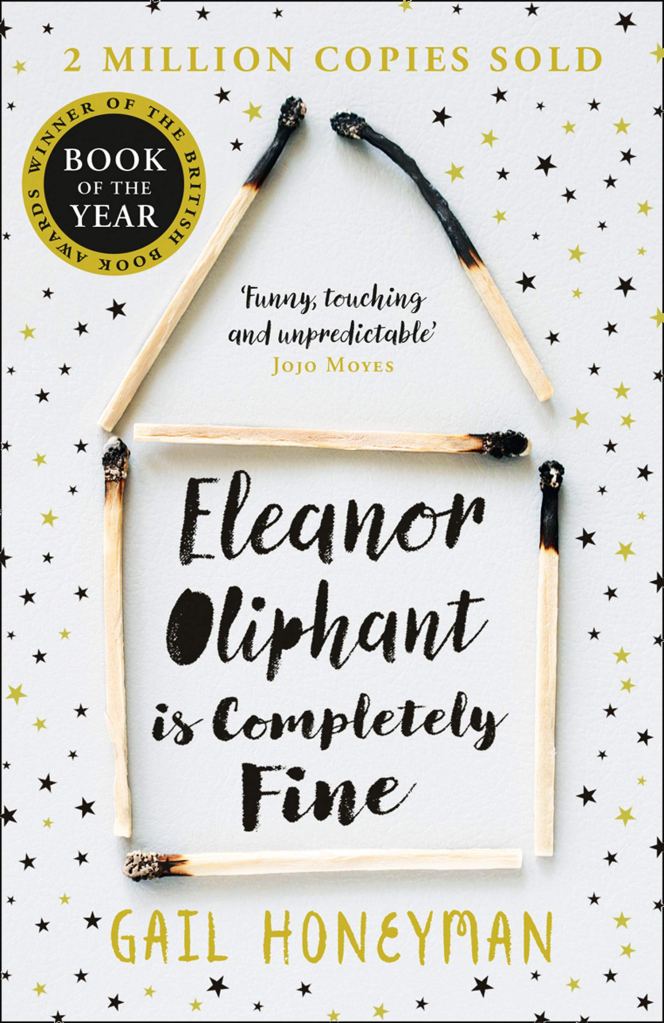
Anyone so insistent on being “perfectly fine” clearly isn’t! Eleanor Oliphant was a wonderfully unreliable narrator, the full extent of her disconnection from reality becoming clearer and clearer through the novel.
“Eleanor Oliphant is happy. Nothing is missing from her carefully timetabled life. Except, sometimes, everything.
“One simple act of kindness is about to shatter the walls Eleanor has built around herself. Now she must learn how to navigate the world that everyone else seems to take for granted – while searching for the courage to face the dark corners she’s avoided all her life.
“Change can be good. Change can be bad. But surely any change is better than…. fine?”
H Is For Hawk, Helen MacDonald
A bit of a change here: MacDonald’s beautiful book is autobiographical – amongst other things – and relates her breakdown after her father’s death in uncompromisingly honest terms.
“As a child, Helen Macdonald was determined to become a falconer, learning the arcane terminology and reading all the classic books. Years later, when her father died and she was struck deeply by grief, she became obsessed with the idea of training her own goshawk. She bought Mabel for £800 on a Scottish quayside and took her home to Cambridge, ready to embark on the long, strange business of trying to train this wildest of animals.”

Normal People. Sally Rooney
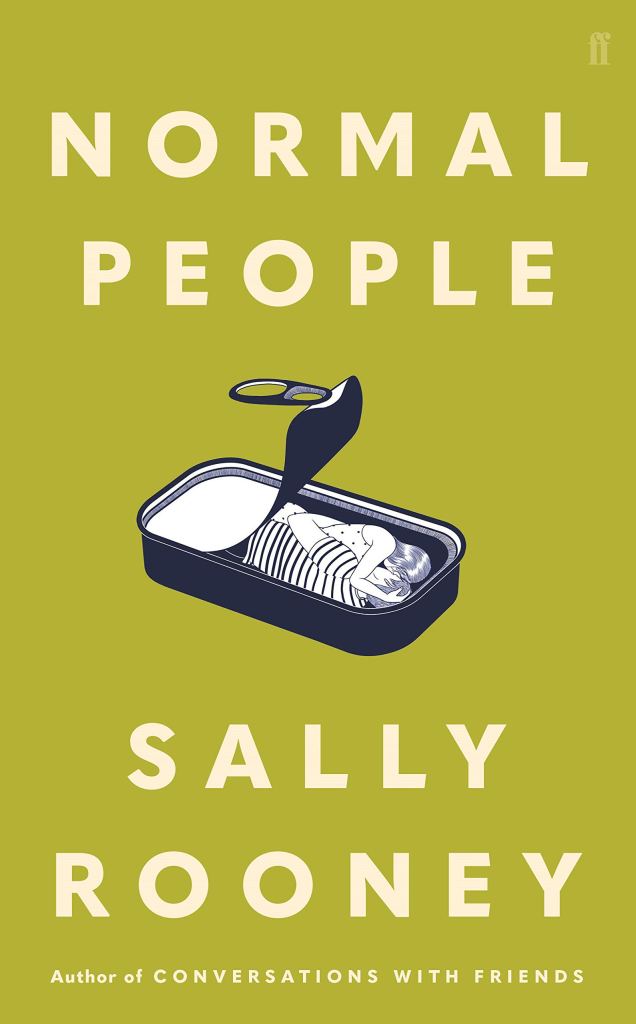
The characters in Rooney’s Normal People – especially Marianne – seem somehow disconnected and withdrawn, not quite (not at all) connecting with each other, or at times themselves.
“Connell and Marianne grow up in the same small town in the west of Ireland, but the similarities end there. In school, Connell is popular and well-liked, while Marianne is a loner. But when the two strike up a conversation – awkward but electrifying – something life-changing begins.
Normal People is a story of mutual fascination, friendship and love. It takes us from that first conversation to the years beyond, in the company of two people who try to stay apart but find they can’t.”
See What I Have Done, Sarah Schmidt
I loved this dark and disturbing depiction of the notorious Lizzie Borden murders – and Lizzie herself is deeply disconnected from the world around her, from the violent murders of her father and step-mother.
“Just after 11am on 4th August 1892, the bodies of Andrew and Abby Borden are discovered. He’s found on the sitting room sofa, she upstairs on the bedroom floor, both murdered with an axe.
“It is younger daughter Lizzie who is first on the scene, so it is Lizzie who the police first question, but there are others in the household with stories to tell: older sister Emma, Irish maid Bridget, the girls’ Uncle John, and a boy who knows more than anyone realises.”

Tsotsi, Athol Fugard

Of my goodness, I love this novel with its lyrical language, evocative setting, its depiction of the horrors of being the dispossessed outcasts of society. And its main character, Tsotsi, has no memory and no past, living in a perpetual present.
“Tsotsi is an angry young gang leader in the South African township of Sophiatown. A man without a past, he exists only to kill and steal. But one night, in a moonlit grove of bluegum trees, a woman he attempts to rape forces a shoebox into his arms. The box contains a baby, and his life is inexorably changed. He begins to remember his childhood, to rediscover himself and his capacity for love.”
Honourable Mentions
The Tags
- Book Shelf Life
- Susan @ Novel Lives
- Elanor @ Reading At Tea Time
- Dini @ Dinipandareads
- Andie @ Books, Coffee and Passion
Again, a David Mitchell book is an event, and a thing of beauty! But the music industry is not my natural setting and again I was caught between this and another book – Daisy Jones and the Six in this case – and Daisy Jones was read first. This time, because it was nominated on a book club I was part of.
Bonus: The Lies of Locke Lamora, Scott Lynch

They say that the Thorn of Camorr can beat anyone in a fight. They say he steals from the rich and gives to the poor. They say he’s part man, part myth, and mostly street-corner rumor. And they are wrong on every count.
Only averagely tall, slender, and god-awful with a sword, Locke Lamora is the fabled Thorn, and the greatest weapons at his disposal are his wit and cunning. He steals from the rich – they’re the only ones worth stealing from – but the poor can go steal for themselves. What Locke cons, wheedles and tricks into his possession is strictly for him and his band of fellow con-artists and thieves: the Gentleman Bastards.
This one has been on my TBR for years. Literally years. I have heard nothing but praise for it, but so far have never quite got around to reading it! Go figure!
So, there we go: a range of books that I got in 2020 – save for the Scott Lynch – and do regret not reading during the year. Is regret the right word? Probably not to be honest: I do not regret the reading that I did do last year at all. But these are books that I would like to find time to catch up with this year – before prize season hits us again!
Pop in the comments below your thoughts on these – maybe let me know which I should read first!



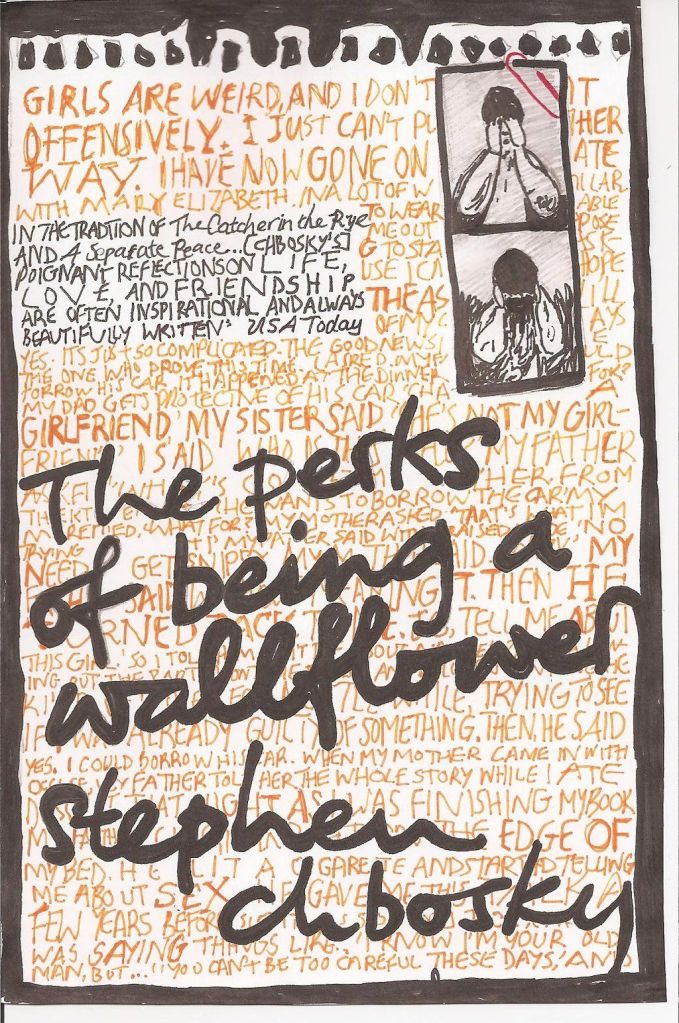
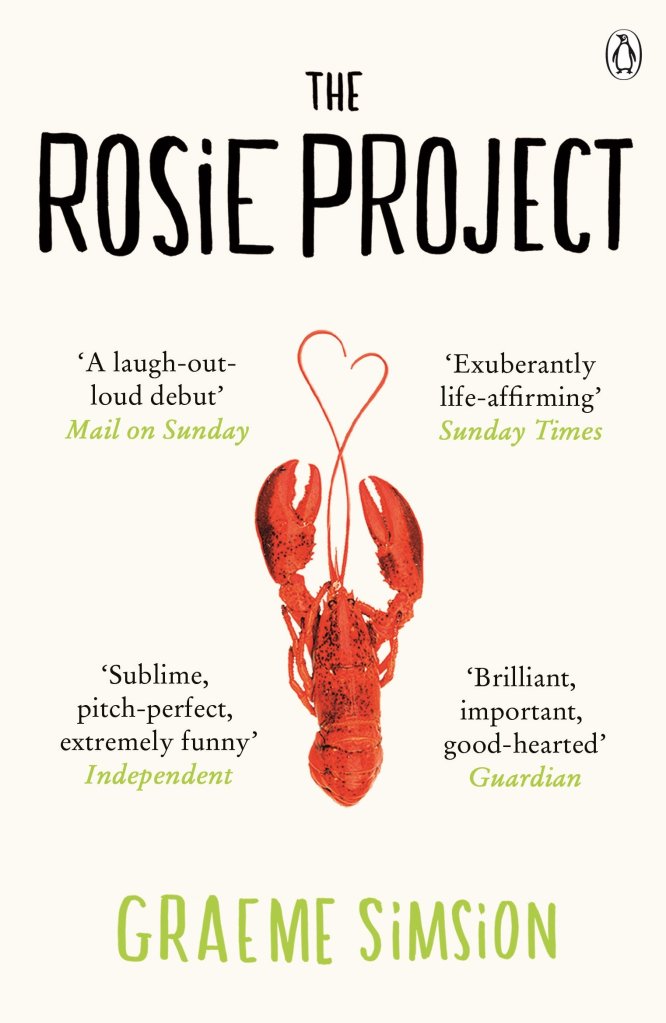
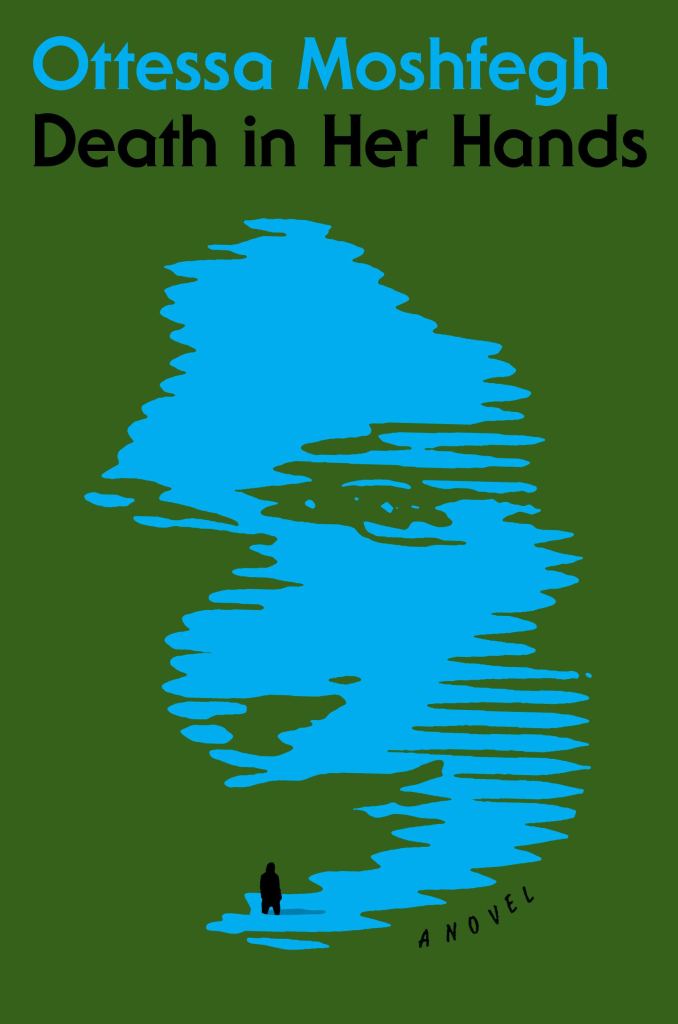

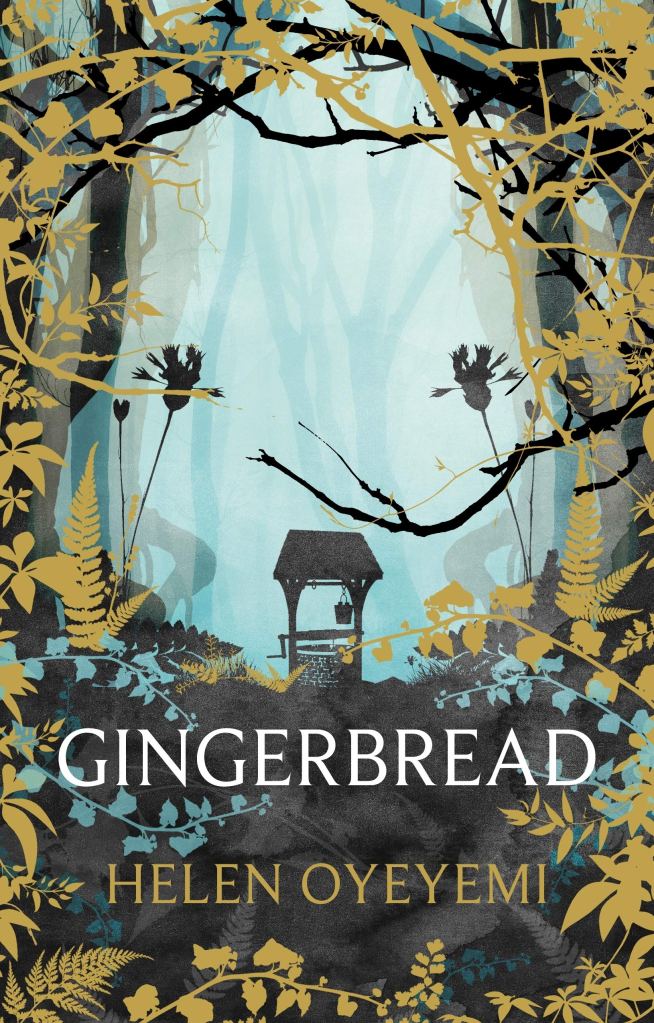

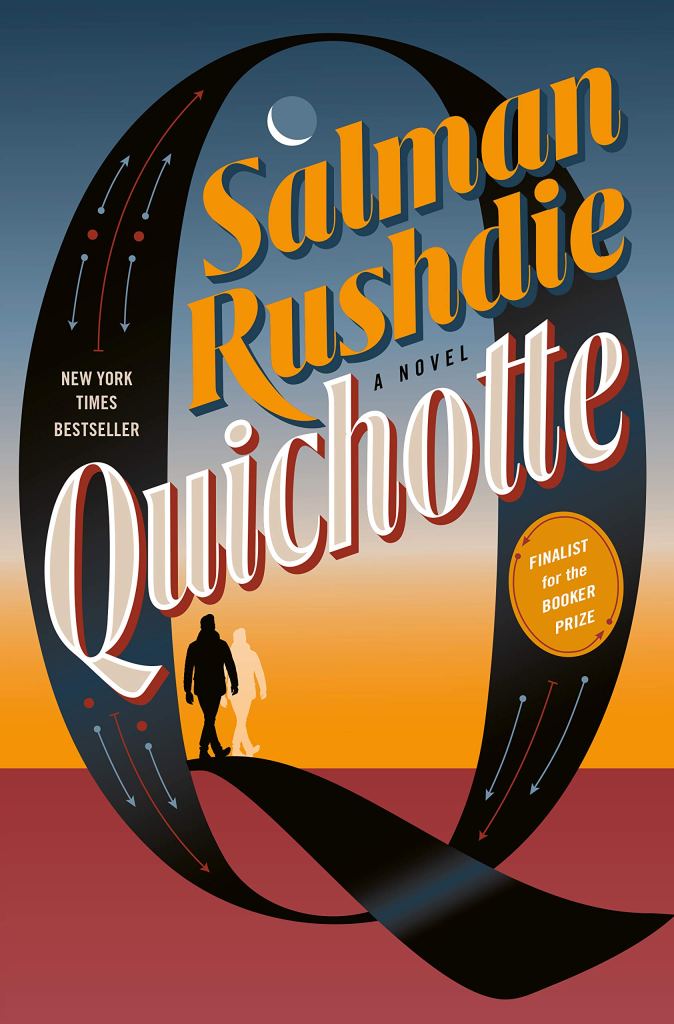
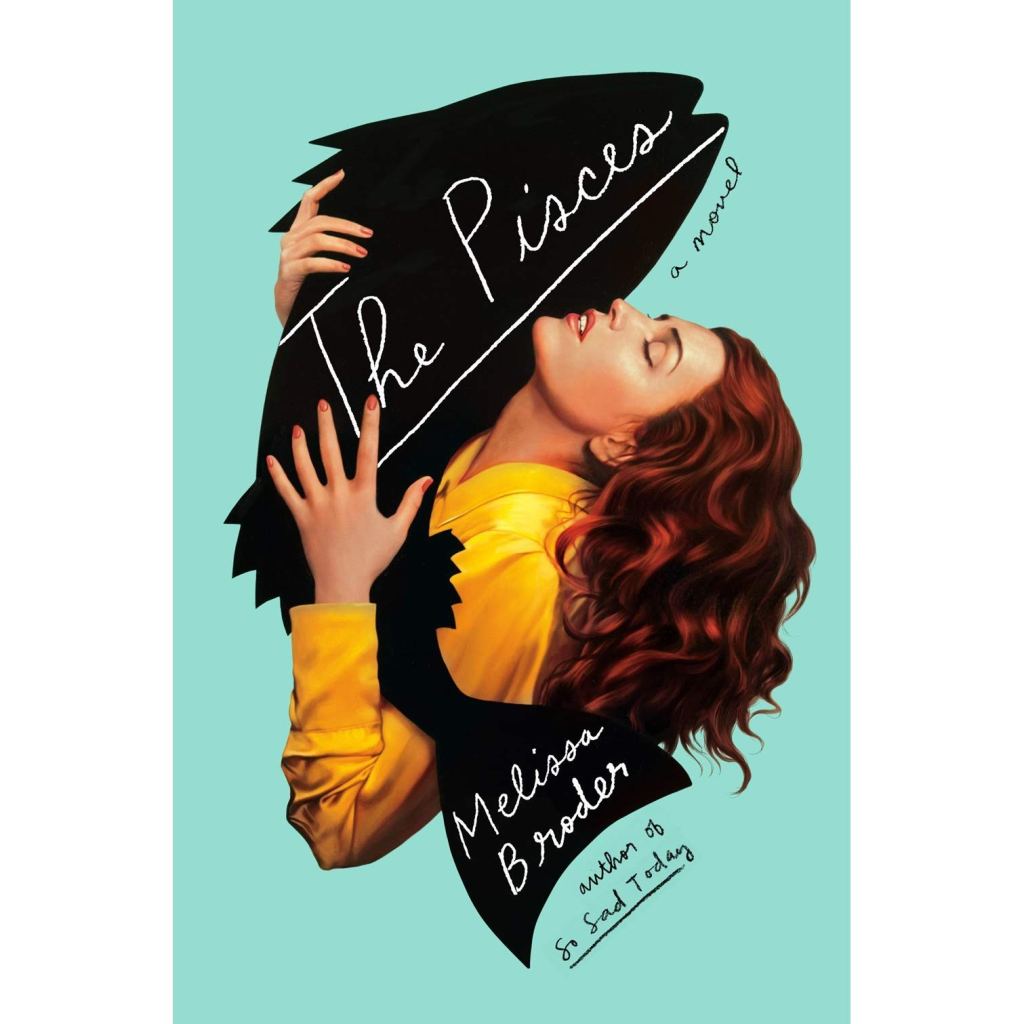




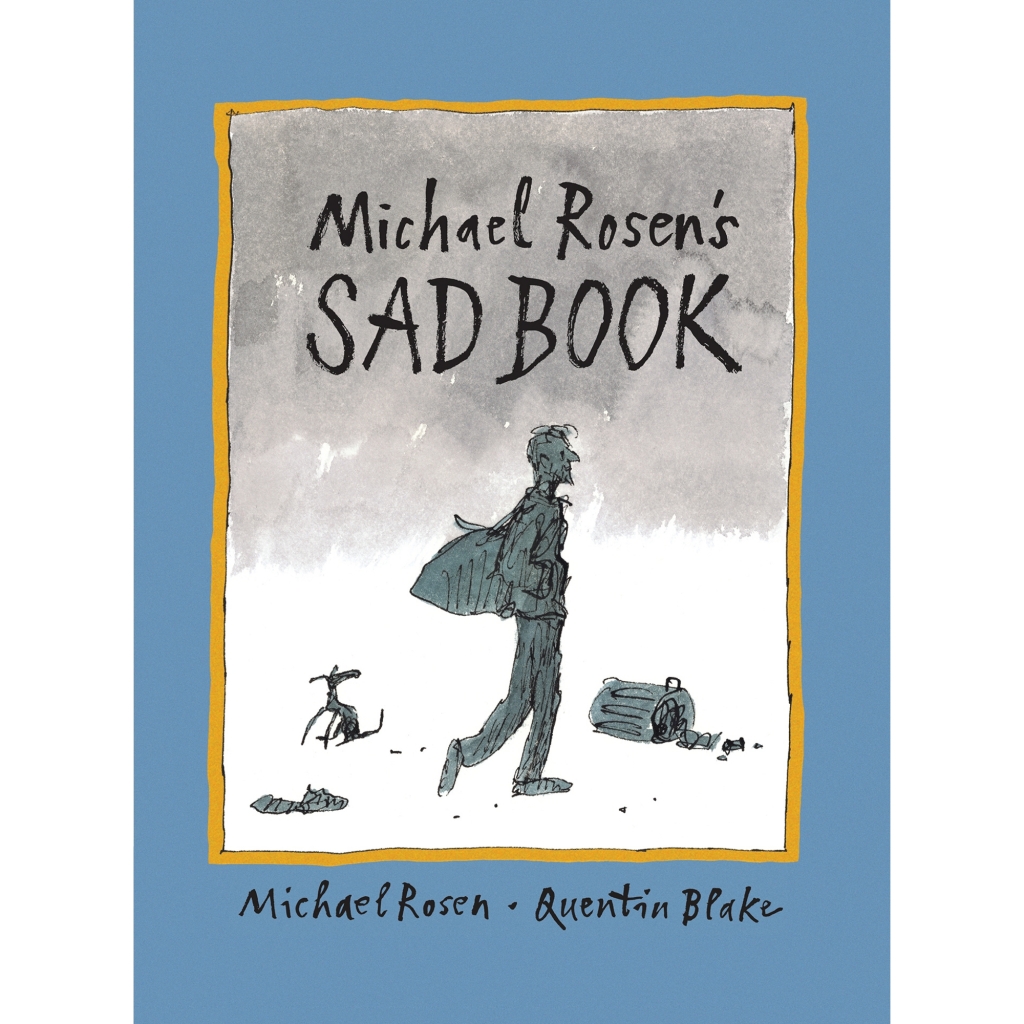

Great list!
LikeLiked by 1 person
Thank you so much!
LikeLike
Good to know there are list like this so that I can dive into them later on! thank you so much! I loved Perks and I have always being intrigued about Oliphant’s book!
LikeLiked by 1 person
Got Imaginary Friend on my TBR pile as well! I liked Oliphant and a Man Called Ove too, which could have been on this list
LikeLike
I got that one too haha
LikeLiked by 1 person
[…] Michael @ The Book Lovers’ Sanctuary — Top Five Saturday: Mental Illness […]
LikeLiked by 1 person
Really interesting to read your intro to this post. I have a hard time with books about mental illness or disorders, because some of them just feel like they glamorize things like eating disorders and depression and in others the characters are magically all better. But at the same time I think that these books are SO important for us to relate to when they’re done well. I found your opinion on the word illness interesting as well. Honestly I think that for ME that knowing I was mentally “ill” was something that was empowering. It took blame off of myself to know that my brain was chemically imbalanced. Obviously your opinion is totally valid and a totally different viewpoint than mine.
As for your list there are so many that I am interested in reading! Normal People is one that looks really fascinating! I am curious if it’s about a co-dependent relationship or not, so of course now I need to read it and find out. Bleed Like Me was one of my favorite books because it was so raw and had some of the most authentic, but unhealthy relationships I’d ever read about. But I think it’s a hard book for a lot of people to read and I think trigger warnings are super important for that one.
LikeLiked by 1 person
Oh I absolutely understand the empowerment that can come from the word illness: I can see that an illness is temporary and treatable and it negates some of the taboos around mental health. I was probably thinking more of autism – probably because my older daughters has it and my younger is going through the diagnosis process. I am sure that it depends of the condition being described and the person with it. I absolutely did not mean any offence and hope you are well now.
Normal People was fascinating with that co-dependence. Never read Bleed Like Me but it sounds fascinating if a gruelling read!
LikeLike
I’m glad that you brought it up and am not at all offended!! It’s really an interesting discussion to have. As for being well now… I have my good days. I dont think illness always has to mean temporary, but to me it means it’s treatable!
I think that no matter what there will always be taboos about mental health and I think that it’s so wonderful that reading books can help people understand. Someone else who posted for top 5 Saturday mentioned own voice readers and I think it’s important when reading these kinds of books to check out own voices reviews, to know if the representation is accurate or not. Obviously every person is different, but when I read one of these books and I think I understand mental illness it’s important to know if the representation is accurate.
Co-dependence is something that I don’t think gets explored nearly enough in books. In Bleed Like Me I feel like it was clear to me how unhealthy their relationship was, but maybe not clear to every reader. That book was… raw. But so good!
LikeLiked by 1 person
I’ll have a look for that one… thanks!
LikeLike
I have a hard time recommending it bc it absolutely wrecked me but it was also just so good. Truly flawed characters and it felt so real.
LikeLiked by 1 person
Sounds a step up from The Bookish Life of Nina Hill that I’m reading at the moment: gently flawed but sweet characters all over the place!
“Gentle” and “sweet” aren’t usually compliments in my lexicon, but after a brutal January it feels perfect!
LikeLike
Lol I find I typically like more flawed characters. I have a hard time relating to the more “perfect ” characters.
LikeLike
[…] 8th February 2020 — Mental Illness […]
LikeLike
[…] 8th February 2020 — Mental Illness […]
LikeLike
[…] 8th February 2020 — Mental Illness […]
LikeLike
[…] 8th February 2020 : Mental Illness […]
LikeLike